Retired Del Ponte eyes inquiry in Kosovo

Newly retired Swiss ambassador Carla Del Ponte tells swissinfo.ch she would consider leading an inquiry into alleged organ trafficking in Kosovo.
Del Ponte, who was prosecutor of the International Criminal Tribunal for the former Yugoslavia for eight years from 1999 to 2007, is returning to Switzerland after three years as ambassador to Argentina.
The prosecutor created an international controversy with the 2008 publication of the book The Hunt: War Criminals and Me in which she described the existence of an organ trafficking racket in Kosovo.
The Council of Europe in January adopted a report presented by Swiss senator Dick Marty on allegations of organ-trafficking. These implicated high-ranking members of the Kosovo Liberation Army in the murder of Serbian and Kosovo Albanian prisoners and the selling of their organs.
There were also serious accusations against Kosovo prime minister, Hashim Thaci.
Del Ponte talks about her passion for international justice – and golf.
swissinfo.ch: It’s hard to imagine Carla Del Ponte retired.
Carla Del Ponte: I can imagine my retirement very well. I have a real passion for golf and I am going to finally be able to indulge it. Of course, going from international justice to golf, that might make some people smile, but for me, being able to play golf well represents a real challenge.
That said, I am happy to go back because I am going to return to my other passion, international justice. I am being solicited from all quarters to give conferences at universities and to participate in discussions. It interests me, particularly the contact with young people.
swissinfo.ch: Is it important to share your experiences with the younger generations?
C.D.P.: Yes, very. If there is a reason I wrote The Hunt: War Criminals and Me, it was because I needed to free myself from that dark world, but also to educate the younger generations about the work of justice at an international level. I hope that by reading it, more young people will be encouraged to go down that path. To that end, I intend to help some of them do so.
swissinfo.ch: What was your reaction to the publication of Dick Marty’s report into organ trafficking in Kosovo?
C.D.P.: As I said when the Dick Marty report was released, it felt good to know that I was right because certain attacks had been very hurtful. We need to create an international institution to manage the inquiry and the protection of witnesses. Is there the political will for that? I don’t know. The ball is now in the court of the European Union and the United States.
swissinfo.ch: Would you come out of retirement to lead such an inquiry?
C.D.P.: Why not? I have good knowledge of the region and excellent contacts. But equally there are other very competent judges who could very well lead such an inquiry. At the time I received no support to open an inquiry. Nato collaborated with the Kosovo Liberation Army (KLA) during the conflict and I was refused access to documentation.
swissinfo.ch : Let’s go back a bit, what were the defining moments of your career?
C.D.P.: The collaboration with Judge Giovanni Falcone was a great period of humanity and education for me. In Bern, the complicated relations with the political world had a profound impact, but were also good training for when I became an international prosecutor. At the Hague, as prosecutor of the ICTY [International Criminal Tribunal for the former Yugoslavia], the big moment will always be the arrest and trial of Slobodan Milosevic.
swissinfo.ch: And the people who were most influential during your career?
C.D.P.: I got along very well with American Secretary of State Madeleine Albright. She was very direct with me. When it became politically difficult, we spoke freely between ourselves and I appreciated that very much. I have always had a great affection for President [Jacques]Chirac, a real gentleman even if he didn’t keep his promise to arrest Ratko Mladic.
swissinfo.ch: have you ever been scared enough to consider giving up?
C.D.P.: The only time when I really thought about throwing in the towel was when Judge Falcone was killed. That was my only moment of doubt. And then I said to myself, it is exactly because he is not here that I have to continue. At the Hague, there were also moments when I said to my colleagues “this time it’s over. The wall of silence is too hard to crack, I won’t make it”, but at the bottom of my heart, I didn’t believe it.
swissinfo.ch: What do you take from your three years in Buenos Aires?
C.D.P.: I have some wonderful memories and I am grateful to my government for giving me the post. I needed to distance myself from Europe, to be in another environment, another culture.
As ambassador you don’t have to give your opinion and you don’t have responsibility and that suited me very well over the last three years. And I discovered Switzerland from the point of view of an Argentine-Swiss.
There are about 16,000 of them in the country and all very attached to Swiss traditions and folklore that I didn’t know at all. I ate a lot of raclette and würstl! They are amazing, they are much more attached to Switzerland than we Swiss who live in Switzerland.
Carla Del Ponte was born in 1947 in Bignasco, in the southern Swiss canton of Ticino.
She studied international law in Bern, Geneva and Britain.
In 1981 she became Ticino’s chief prosecutor, where she became well known for her fight against money laundering, organised crime and gun running.
Del Ponte was Swiss federal prosecutor from 1994-9.
On August 11, 1999, the United Nations Security Council named Carla Del Ponte prosecutor to the International Criminal Tribunal for Rwanda (ICTR) and of the International Criminal Tribunal for the former Yugoslavia (ICTY).
During her eight year term at the ICTY, 161 people were charged and 94 were brought to trial.
She was replaced as prosecutor to ICTR in 2003.
(Adapted from French by Sophie Douez)

In compliance with the JTI standards
More: SWI swissinfo.ch certified by the Journalism Trust Initiative
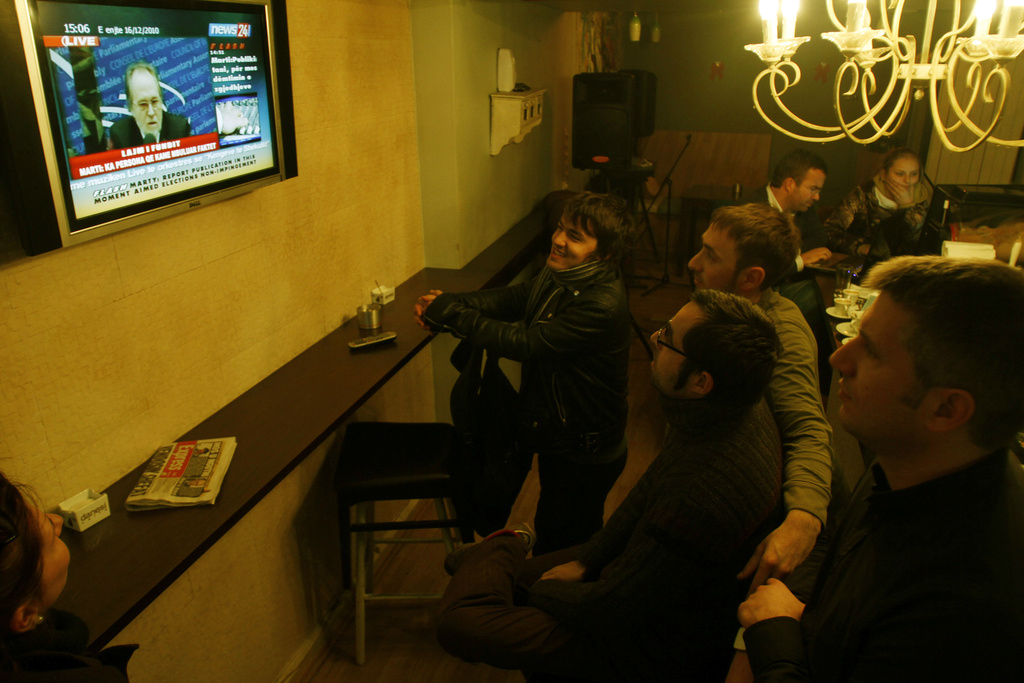
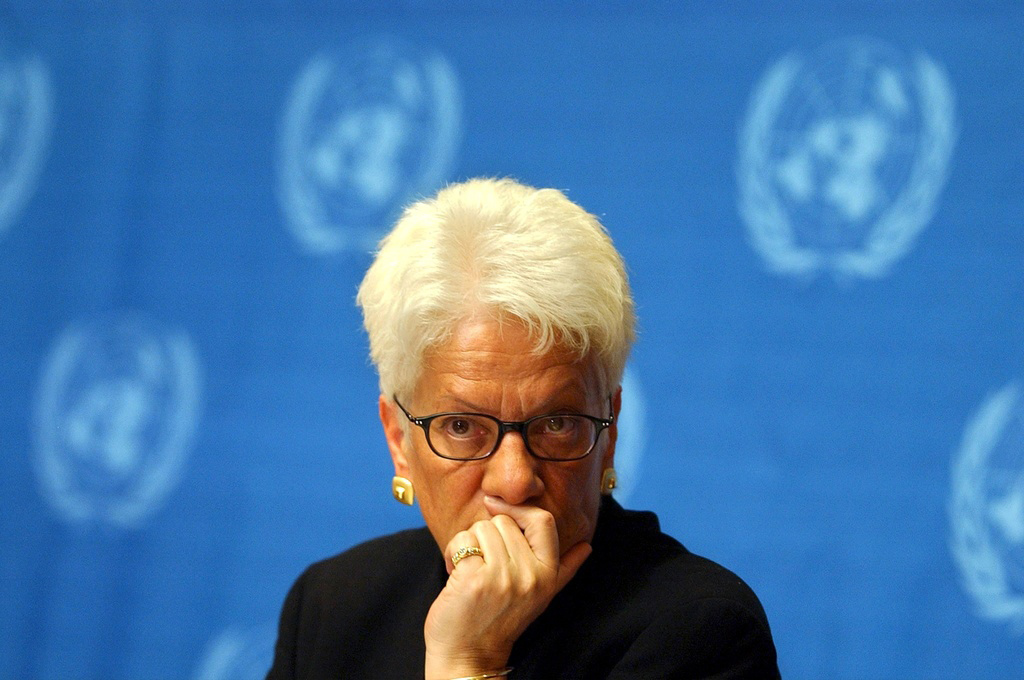
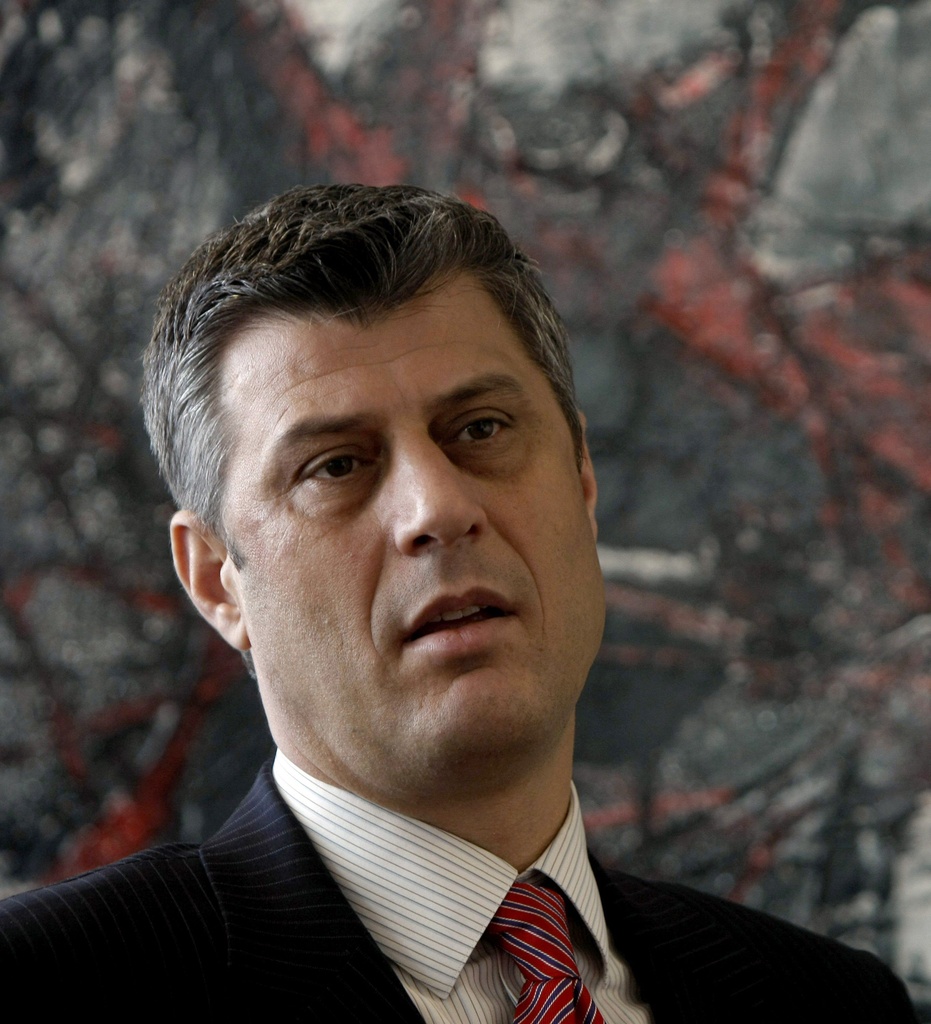
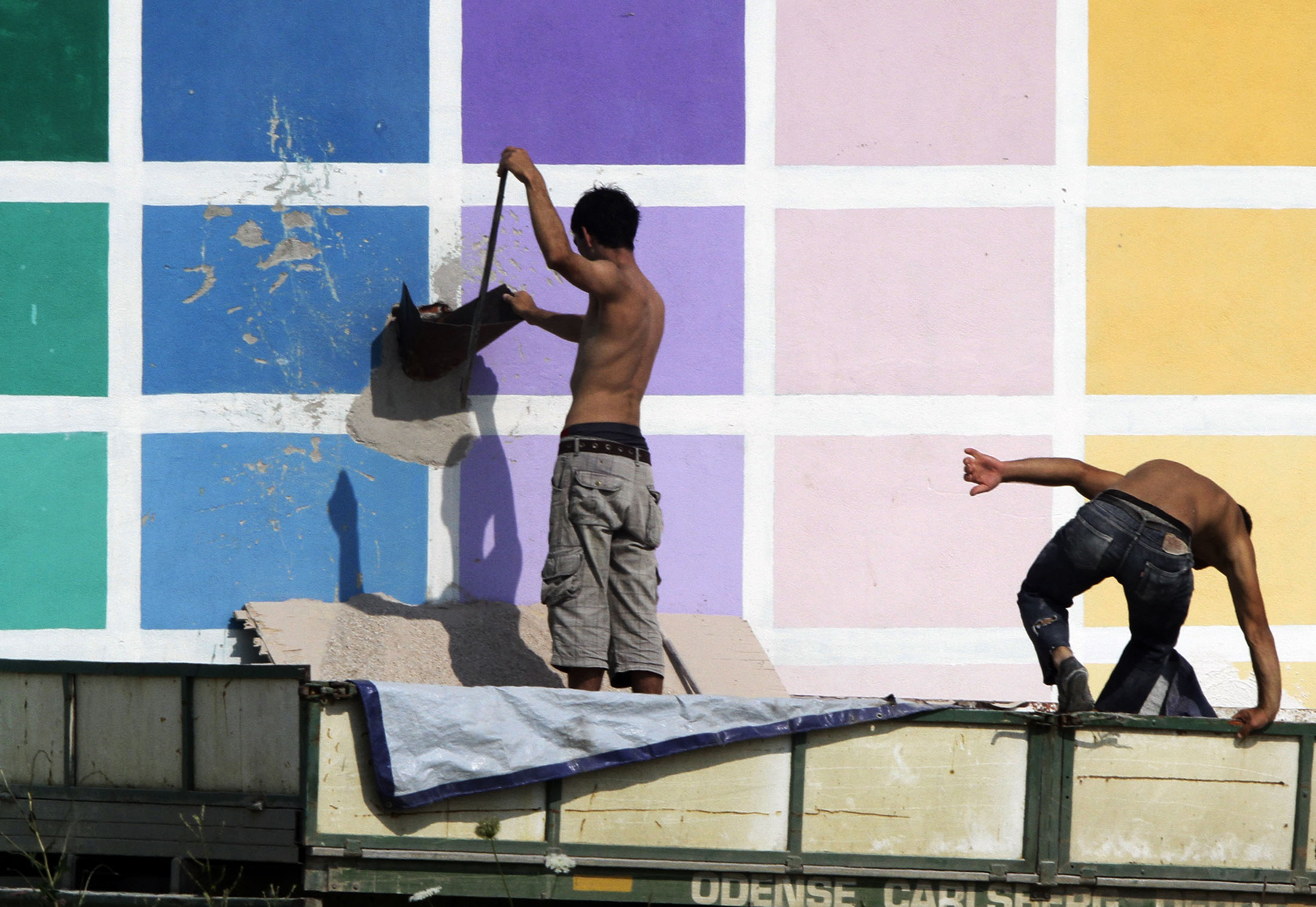
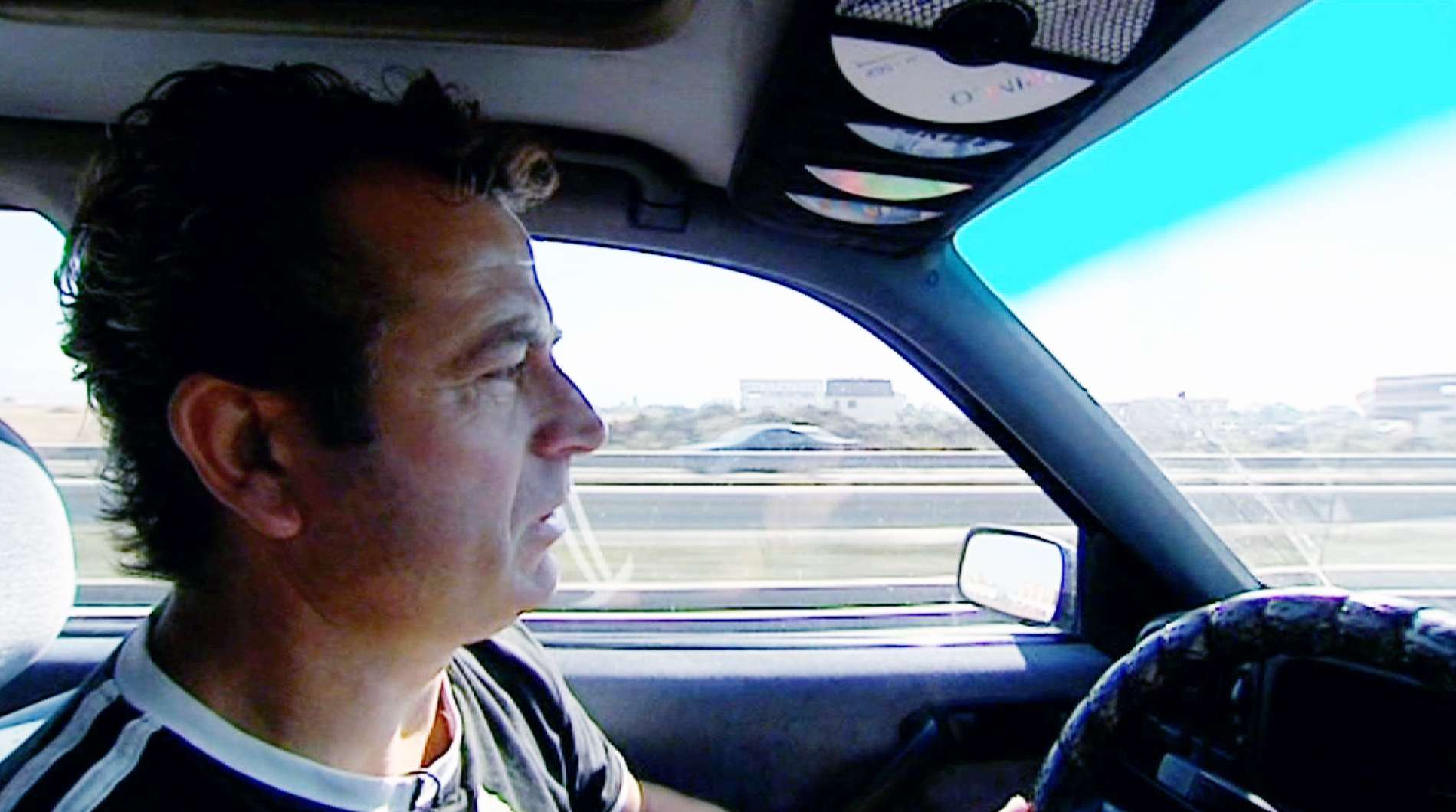
You can find an overview of ongoing debates with our journalists here. Please join us!
If you want to start a conversation about a topic raised in this article or want to report factual errors, email us at english@swissinfo.ch.